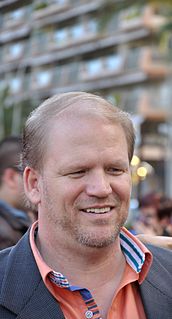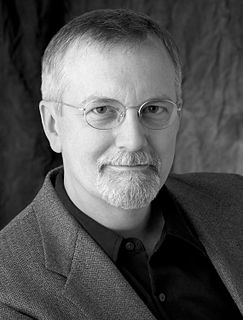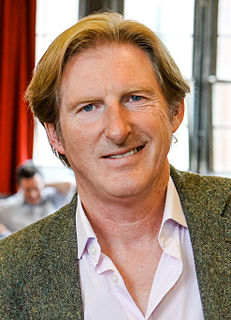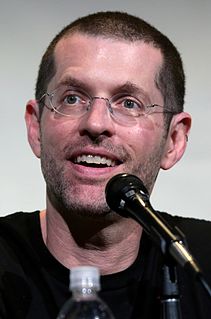A Quote by Michael Dirda
Whatever Kurt Vonnegut's ultimate status will be in the annals of literature, he was important to a lot of people right now. That's what most writers really care about.
Related Quotes
In seventh grade, with some vague sense that I wanted to be a writer, I crouched in the junior high school library stacks to see where my novels would eventually be filed. It was right after someone named Kurt Vonnegut, Jr. So I grabbed a Vonnegut book, 'Breakfast of Champions' and immediately fell in love.
It was always about the future of writers, and about the way writers are treated in the future, and I think that was really hurtful to a lot of people in my position who had 160 people who depended on them to get this over with. So there was a lot of pain in it, and in that sense it will never be worth it, but I do think it was important.
[Kurt] Vonnegut was a writer whose great gift was that he always seemed to be talking directly to you. He wasn't writing, he wasn't showing off, he was just telling you, nobody else, what it was like, what it was all about. That intimacy made him beloved. We can admire the art of John Updike or Philip Roth, but we love Vonnegut.
My theory is that Kurt had a lot of residual pain from his childhood. And when you pile that on top of his experience in World War II - he was in Dresden when it was bombed and saw a city annihilated. When you combine those two things, my impression of Kurt Vonnegut at 84 was that he was a very pained and haunted man.
Kurt Vonnegut talks about how we know there is another family out there and when we find it we get this almost instinctive sense of belonging. And that is how I felt in Enniskillen in 1977 when I realized there were these people of all ages, whatever their religion, from different backgrounds, who were bound together by a love of plays and acting.

































